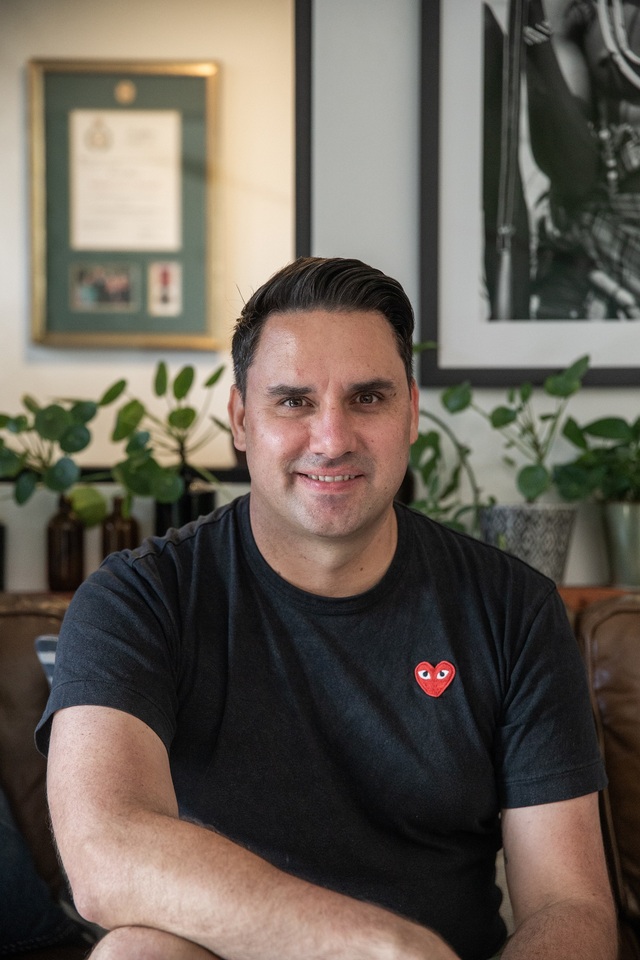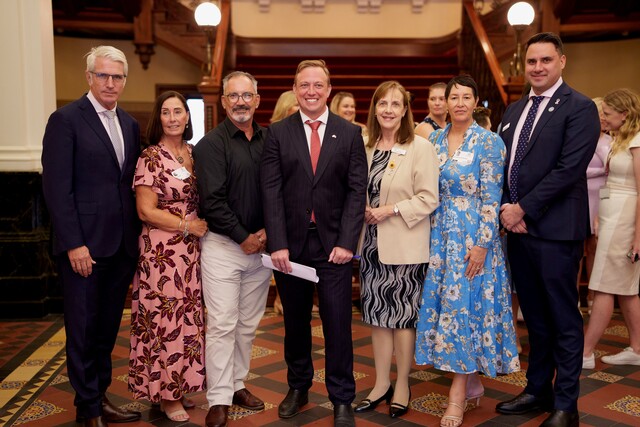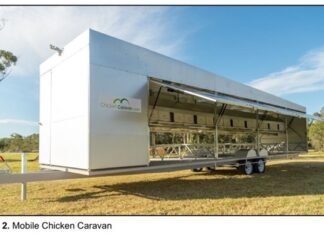As a passionate educator, Ben Bjarnesen has travelled the world looking for answers and improving services for the LGBTQ+ victims and survivors of domestic and family violence (DFV).
For Ben, he has seen firsthand in his role as a police officer just how critically important it is to raise awareness and provide education around DFV and work towards putting an end to this ongoing problem in society.
Unfortunately, though through his own experience of violence and abuse within a same sex relationship, Ben found that support services were sadly lacking for the LGBTQ+ community.
“When I went looking for services that represented me and what I had been through, I found that there just wasn’t the support that I needed as it was very much focused around violence towards women by men,” he said.
“I am a six-foot three police officer, so I was already dealing with the shame surrounding my abuse and then by not having the awareness from others that this was not just a heterosexual issue, I felt confused and unsure of what to do next.”
For Ben though, he was determined that no matter what their sexuality or gender identity, everyone understood their right to live a life free from DFV.
“Through a Churchill Fellowship I travelled the world and got a real chance to have a look how other countries themselves were working to develop best-practice solutions for police officers and government and non-government agencies to enhance the way in which they respond to DFV in LGBTQ+ communities.
“Through founding the LGBTQ+ Domestic Violence Awareness Foundation in 2020, joining the Board of Directors for DVConnect and also becoming a member of the Domestic and Family Violence Prevention Council, I have seen firsthand just what a difference having that connection can mean to someone needing help because the statistics show that unfortunately over 60 per cent of LGBTQ+ people have experienced DFV.
“In 2020 we held a Domestic Violence Awareness Day and it was clear that for the LGBTQ+ community, DFV was under responded and under reported and following the day I had people contacting me from throughout the world so happy to finally be heard and have their stories shared.
“Ultimately in all cases, recognition of what is happening is the first step to making a change and this can be helped with support groups being able to have the proper funding so they can support people appropriately and safely and they can not have that fear of judgement, outing or questions of their sexuality but just a safe and equal service.
“I am proud to be a part of the Domestic and Family Violence Prevention Council because it allows me to be an advocate for my community, ensure that victims concerns are really heard and work towards a future of prevention.”










